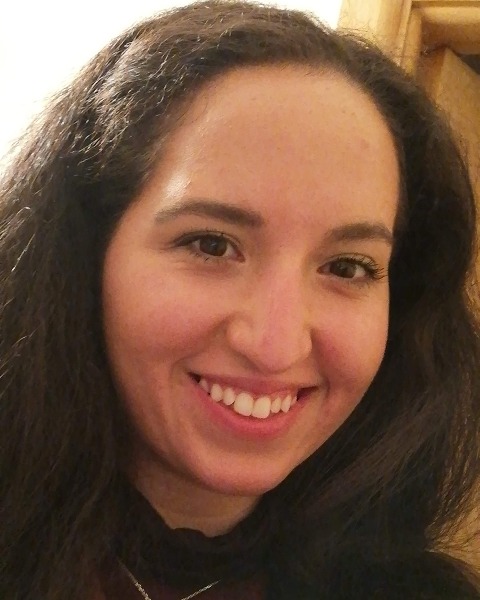Reconstruction (Includes Bone & Biomaterials and Soft Tissue)
(57) Beckwith-Wiedemann Syndrome With Associated Macroglossia and Its Management: A Case Report
Thursday, September 12, 2024
2:30 PM - 4:00 PM EDT

Zeena Hassoon Al-Sarraf, BDS
Senior House Officer in the Oral and Maxillofacial Surgery Department
Altnagelvin Hospital, Derry, Northern Ireland, BT47 6SB
Dublin 3, Dublin, Ireland
Poster Presenter(s)
Disclosure(s):
Zeena Hassoon Al-Sarraf, BDS: No financial relationships to disclose
A 13-year-old female with Beckwith-Weidman syndrome presented with macroglossia, which had significantly impacted her mental health. She had a history of nocturnal enuresis and supernumerary primary teeth, requiring multiple extractions. After consultation with an oral and maxillofacial surgeon, it was determined that she needed a reduction in tongue size under general anesthesia. The procedure's purpose, benefits, and risks were discussed with the patient and her parents prior to commencement. On the day of the procedure, standard prep and drape was completed and local anesthesia in the form of 2% Lidocaine with 1:80,000 adrenaline was administered. The surgery involved a partial glossectomy, utilizing monopolar and bipolar electrosurgery for resection and hemostasis, careful tongue approximation, and suture placement.
A postoperative assessment showed that the patient’s tongue movements were acceptable in all directions. However, this procedure resulted in postoperative difficulties including severe pain, difficulty swallowing, dropping blood sugars, and excessive drooling. Treatment involved oral intake of ice cream, hard candy, yogurt, custard, and jelly pots to raise blood sugars and reduce swelling. Intravenous fluids and pain relief were administered. Chlorhexidine gluconate mouth rinse was prescribed for oral hygiene. Despite initial improvement, the patient experienced continued difficulty swallowing and mental health concerns. Tongue swelling persisted, hindering oral hygiene efforts. The patient's inability to purse lips for an oral seal worsened swallowing efficiency. Oral nutritional supplements were recommended, and antibiotics were considered. By day six, the patient showed improvement in oral intake but had lost significant weight. Suggestions for a high-protein, high-calorie diet were provided, with follow-up appointments scheduled. At the two-week review, the patient showed significant improvement in eating, taste, and tongue function. Follow-up with the orthodontic department for potential orthognathic surgery was planned.
The patient received comprehensive care, including IV fluids, pain relief, and oral hygiene measures. The patient's condition improved gradually with dietary adjustments and weight monitoring. A holistic approach to care, involving oral, dietetics, and speech and language therapy teams, contributed to a successful recovery.
With a macroglossia incidence of 0.07 per 1,000 live births with BWS, macroglossia commonly requires orthodontic and surgical interventions, with possible radiotherapy. Surgical treatment for macroglossia becomes essential when there are notable symptoms like excessive tongue movement and speech or psychological difficulties. This case highlighted that the most effective approach often involves tongue reduction surgery, emphasizing the importance of follow-up care from interdisciplinary teams to ensure comprehensive recovery and restoration of both function and aesthetics for the patient.
References
1. Kutti Sridharan, G. and Rokkam, V.R. (2021). Macroglossia. [online] PubMed. Available at: https://www.ncbi.nlm.nih.gov/books/NBK560545/.
2. NORD (National Organization for Rare Disorders). (2015). Beckwith-Wiedemann Syndrome - NORD (National Organization for Rare Disorders). [online] Available at: https://rarediseases.org/rare-diseases/beckwith-wiedemann-syndrome/.
3. Topouzelis, N., Iliopoulos, C. and Kolokitha, O.E. (2011). Macroglossia. International Dental Journal, 61(2), pp.63–69.
